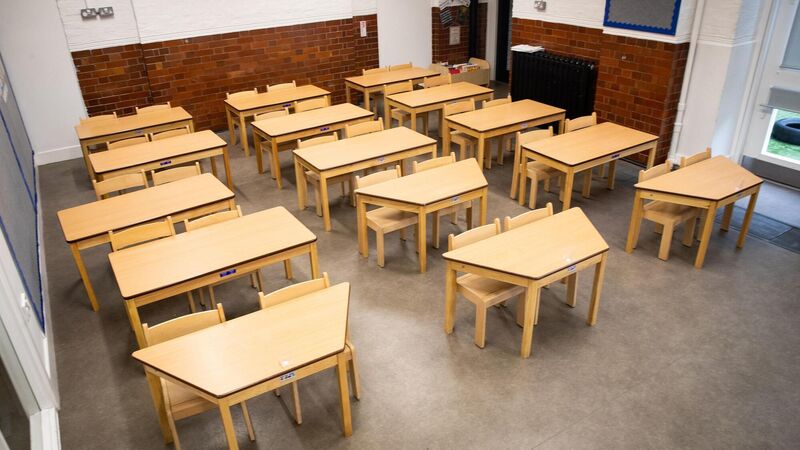Tusla 'can spot difference' between chronic absenteeism and pupils missing school over Covid

There has been a surge in applications for homeschooling supports in recent months
The Child and Family Agency has said it will be able to differentiate between absences from education caused by health concerns linked to Covid-19 and the sometimes chronic absenteeism which has led some parents to be prosecuted in the courts for failing to send their children to class.
As most schools return this week Tusla also said it was redeploying staff to “meet demand” when it came to providing supports for some families.










